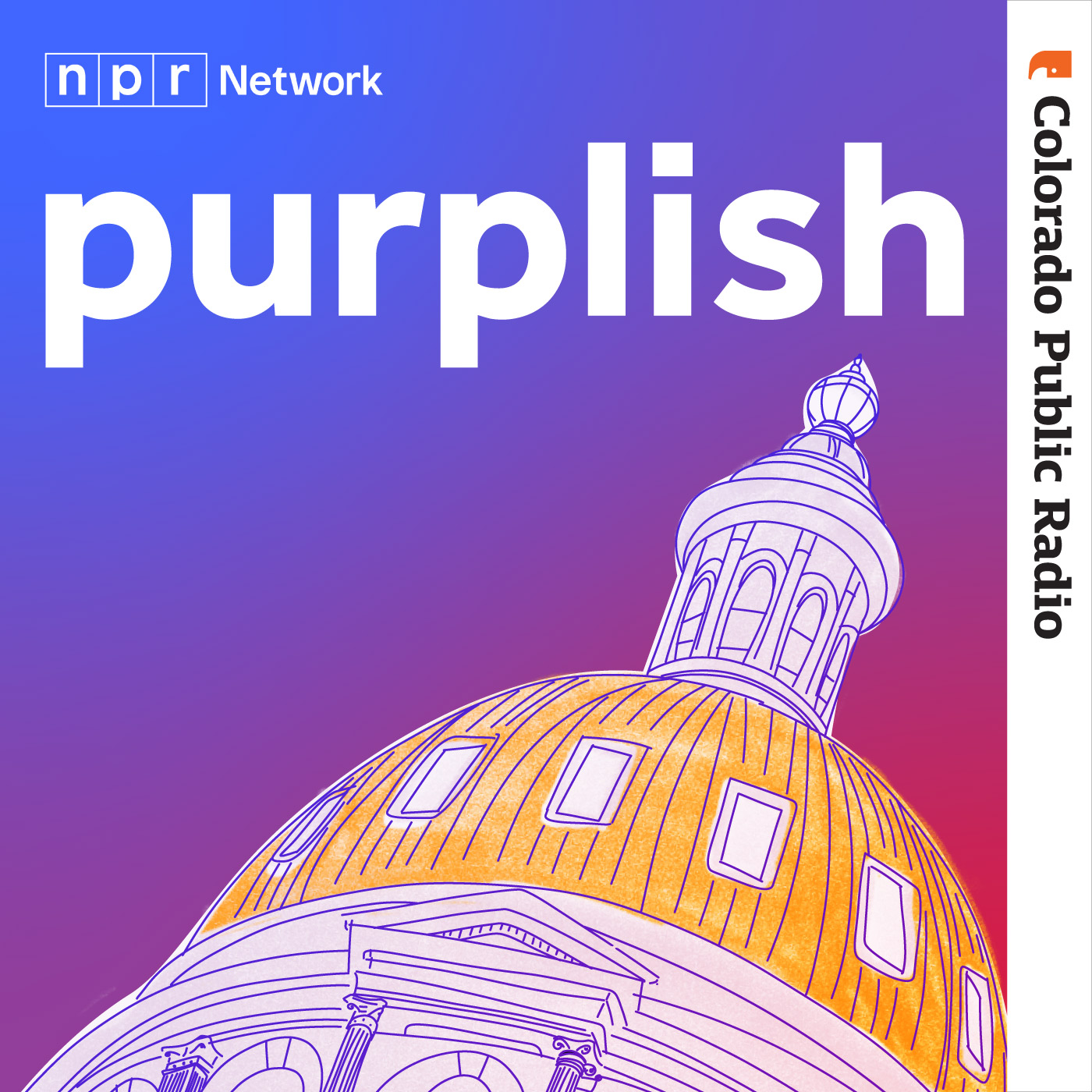
Purplish
<p>Purplish is a podcast about politics and policy and how they shape Coloradans’ lives, hosted by Colorado Public Radio’s public affairs reporter Bente Birkeland and reporters from the Colorado Capitol News Alliance. They break down the latest developments at the statehouse, in Congress and in local communities, to find the bigger picture behind the political headlines.</p><p>Purplish is produced by CPR News with support from the Colorado Capitol News Alliance, a collaboration between KUNC News, Colorado Public Radio, Rocky Mountain PBS, and The Colorado Sun, and shared with Rocky Mountain Community Radio and other news organizations across the state. Funding for the Alliance is provided in part by the Corporation for Public Broadcasting.</p>